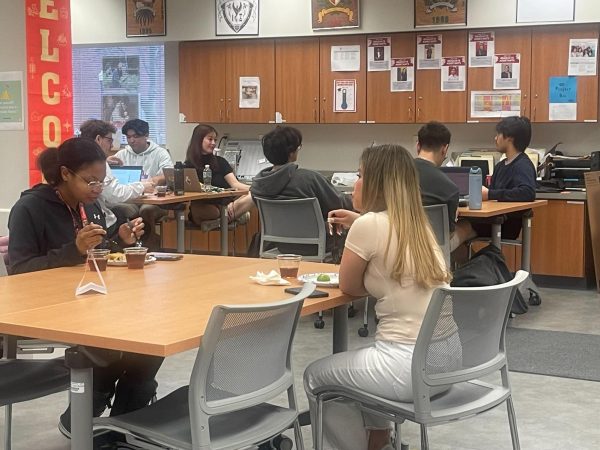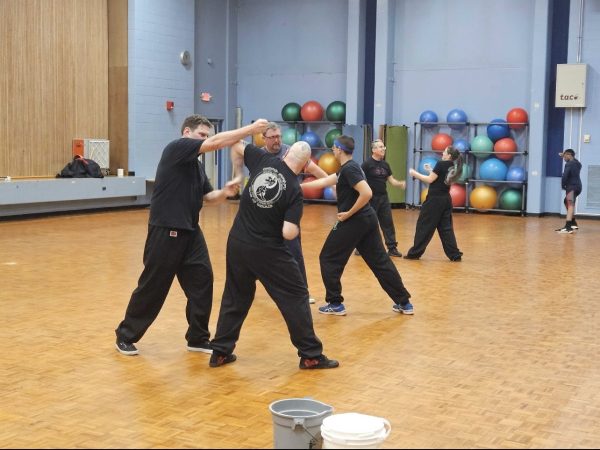distracted?
January 24, 2006
In a world full of Sidekicks, iPods and easy access to the Internet, the already daunting task of prioritizing can be even more stressful.
Distractions often can tempt students into doing other activities while trying to do homework.
Such multitasking can lead to stress and may cause emotional, physical or mental exhaustion.
Too much stimuli, such as Facebook, music and instant messaging can blur the lines between play time and work time. Anyone who has started to look up information on the Web but then became preoccupied with other Web sites knows how difficult it can be to pry themselves away.
“All of these [gadgets] are supposed to help you do things better and faster, but then you have more to do,” said Eunice Kim, a staff psychologist at the Counseling and Student Development Center.
Kim said she sees the effect of not prioritizing when students come into her office overwhelmed with exams and grades.
Many gadgets are not as helpful as they claim to be, she said. Kim said she thinks students can procrastinate with the Internet as much as they do with PlayStation or television.
Ashley Corrigan, a freshman elementary education major, has dealt with this on her own when trying to get work done.
“Every time I go to write a paper, it takes me 15 to 20 minutes to just get started,” Corrigan said.
The best way to clear her head, Corrigan said, is to get away from it all for a while and wait until later at night.
“I go into the lounge after most people are sleeping,” she said. “That way it is quiet.”
Some students use gadgets such as TiVo to help them stay on task for homework.
“I TiVo my favorite shows so I know I can watch them later if I am too busy at the time,” said Ashley Rissman, a sophomore nursing major.
It is easy to get distracted, especially living in an apartment, Rissman said.
“You have to cook dinner and keep the place clean on top of everything else, which can take more time out of your day,” Rissman said.
For students who need help prioritizing their obligations and managing stress, Kim suggested addressing the issue and learning to control stress before it gets the best of them.
Kim will lead a stress management workshop that teaches students about handling stress and learning to use relaxation skills. The clinic will be a 45-minute group session that meets once a week for three weeks.
“We should teach ourselves to relax because it is so easy to get caught in it,” Kim said.












